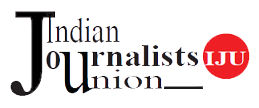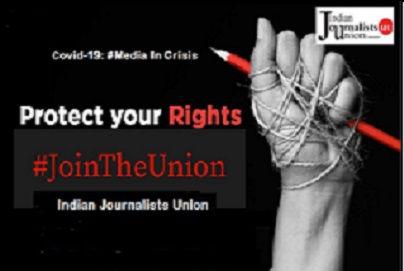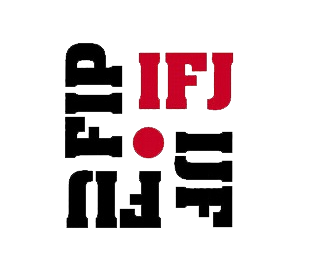29 October, 2018: The Indian Journalists Union (IJU) called upon the Union government to enact a law for the protection of journalists without any further delay, as the demand has been long pending. The law was critical as the attacks and killings of journalists in the country were menacingly growing. The irony is that in all the cases, the culprits are going scot free, as the report of none other than the Press Council on Safety of journalists has revealed.
The IJU’s two-day Plenary, hosted by the Punjab and Chandigarh Journalists Union, concluded on Sunday, with more than 270 delegates from 16 States asked to impress upon their State governments to support their demand for the safety of journalists law.
The IJU noted that the media, which is acknowledged as the fourth estate is only seeking protection and not privileges like the other three organs of the State—Legislature, Executive and Judiciary.
The attack on journalists is unprecedented and the growing atmosphere of fear amongst the working journalists is not only impacting the profession but also the right of the citizen to get information, which is key to our democracy. Further, this is impacting the Independence and freedom of the press, which again has come under grave threat. The Government both at the Centre and the States are trying to control media organisations by withholding of advertisements, blocking transmission of news channels by controlling cable operators, stopping other professional facilities and worse exerting pressure through misuse of investigating and enforcement agencies.
In particular, the Plenary condemned the Union government’s manoeuvres to control the Press Council of India (PCI) and the Central Press Accreditation Committee (CPAC) and impinge on the right to freedom of expression and access to information. The reconstitution of the 13th PCI is mired in controversy, and decisions taken by a truncated Council need to be overturned to restore the institution’s credibility.
Likewise, the Information & Broadcasting Ministry has sought to control the media through the reconstituted CPAC, by selecting a handful of individual members with the media organisations being deliberately left out, despite seeking their nominations.
The IJU also expressed concern over the growing trend of ‘hire and fire’ and non-implementation of wage awards, notified by the government of India. To carry out their duties and responsibilities of informing, educating people and building public opinion, the journalists need to have a sense of job security, which the Wage Boards provide.
The Plenary also expressed solidarity with the women journalists who have courageously joining the MeToo# movement. The IJU demanded that the all media organisations set up the mandatory Internal Complaints Committee (ICC) and implement the guidelines.
The Plenary expressed its shock over the untimely and unnatural deaths of 228 working journalists in last four years in the newly-formed State of Telangana. Such a magnitude of deaths is unheard of and in fact is a warning about how work pressure and poor wages are impacting the journalists and their families.
The Plenary congratulated the initiative of the Telangana Union of Working Journalists (TUWJ) and Andhra Pradesh Union of Working Journalists (APUWJ) constituting a 3-member Commission, through Media Education Foundation of India (MEFI). The first of its kind Commission in the country is headed by a former Supreme Court judge, B Sudershan Reddy and former member UPSC, K S Chalam and veteran journalist Ch Rajeshwar Rao to go into the entire gamut of profession of journalism and conditions of working journalists in both the Telugu States.
President D Amar and first woman Secretary General Sabina Inderjit assumed charge and the Plenary elected the office bearers including three Vice Presidents—Balwinder Singh Jammu (Punjab), Ambati Anjaneyulu (Andhra Pradesh), Geetartha Pathak (Assam) and five Secretaries—Balbir Singh Jhandu (Punjab), Y Narendra Reddy (Telangana), V B Rajan (Kerala), Shivendra Narain Singh (Bihar), Sushil Silvano (UP) and Treasurer Prem Nath Bhargava (Delhi) 15 National Executive Committee members, including two nominated women members. The outgoing President S N Sinha and founder member K Sreenivas Reddy addressed the Plenary spelling out IJU’s vision for future course of action.





